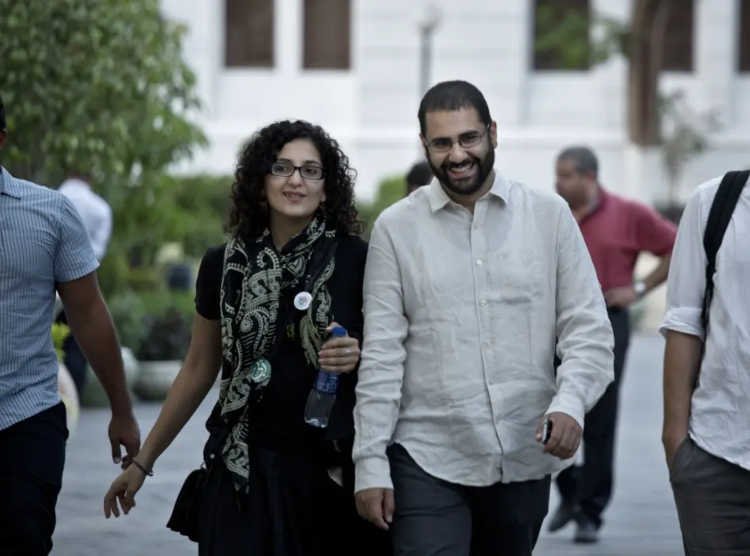The continued imprisonment of Egyptian activist Alaa Fattah is a profound violation of his rights as defined under international human rights law.
Development Diaries reports that Fattah, who should have been released on 29 September, 2024, after serving an unjust five-year prison sentence has been kept imprisoned by the government of Egypt while refusing to count over two years he spent in pretrial detention towards the time served.
According to a report by Human Rights Watch (HRW), after spending most of the last decade behind bars, authorities told Fattah’s lawyer he would not reunite with his family until 2027.
A key figure in the 2011 Arab Spring, Fattah has been arbitrarily detained for most of the last decade under charges that human rights experts and advocates have repeatedly condemned as baseless.
The fact that Egyptian authorities have refused to count over two years of pretrial detention towards his sentence, in violation of Egypt’s Criminal Procedure Code, underscores the selective application of justice aimed at silencing political dissidents.
Moreover, the conditions Fattah has been subjected to in prison further illustrate the inhumane treatment often faced by political prisoners in Egypt.
According to reports from his family and human rights organisations, he has suffered physical abuse, torture, and prolonged deprivation of basic necessities like access to fresh air and sunlight.
HRW has long documented the dire state of Egypt’s prisons, noting a consistent pattern of denial of health care, legal representation, and consular visits.
This mistreatment, compounded by the length of his detention, raises serious concerns about Egypt’s adherence to international standards on the treatment of prisoners and the prohibition of torture and cruel, inhumane, or degrading treatment.
The failure of Egyptian authorities to respect Fattah’s right to a fair trial and due process is another grave violation of international human rights principles.
11 UN human rights experts have acknowledged that Fattah’s rights have been infringed, yet the Egyptian government has remained unresponsive.
The use of vague charges like ‘spreading false news’ to justify his prolonged detention reflects an authoritarian approach to governance where dissent is criminalised under the guise of maintaining public order.
This type of judicial abuse undermines the credibility of Egypt’s legal system and erodes citizens’ trust in the rule of law.
His detention not only violates his rights but also serves as a broader warning about the dangers faced by activists and political dissidents in Egypt.
In its Freedom in the World Report 2024, Freedom House ranked Egypt as ‘not free’, scoring 18 points out of a possible 100.
Development Diaries calls on the Egyptian government to comply with its national laws and international human rights obligations and release Fattah immediately and without further delay.
Each additional day he remains imprisoned is an affront to the principles of justice and human dignity.
Source: HRW
Photo source: Nariman El-Mofty/AP Photo







